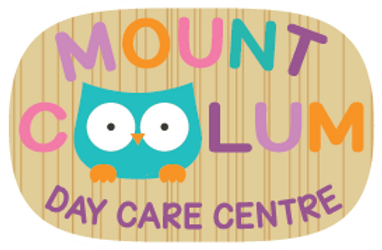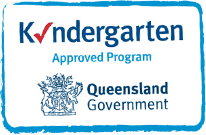Understanding Food Allergies
Food allergies are a common concern for many parents and caregivers, especially in early learning environments. At Mount Coolum Early Learning, we prioritise safety and care for all children, including those with food allergies. Recognising the signs of food allergies and knowing how to manage them effectively is essential for providing a safe environment for all.
Signs and Symptoms of Food Allergies
Food allergies can manifest in various ways, from mild to severe reactions. Common signs include hives, swelling, abdominal pain, vomiting, or difficulty breathing. If a child experiences any of these symptoms after consuming food, it’s important to seek medical attention immediately.
Creating a Safe Environment
Mount Coolum Early Learning works closely with families to ensure that all food allergies are noted, and appropriate measures are in place. This may include adjusting menus, clearly labeling foods, or creating allergy-free zones within the centre. We make it a priority to educate staff and children on how to handle food allergies to prevent cross-contamination and allergic reactions.
The Role of Educators and Families
Effective management of food allergies requires teamwork. At Mount Coolum Early Learning, we encourage open communication between families and educators to create an allergy management plan that works for everyone. Families are asked to provide detailed information about their child’s allergies, while educators are trained to recognise symptoms and follow the necessary protocols.
Teaching Kids About Food Allergies
Educating children about food allergies is also crucial. We teach children to be mindful of their peers’ allergies, fostering a culture of respect and care. By making children aware of the importance of not sharing food and being considerate of others’ needs, we ensure a safer, more inclusive environment.
When in Doubt, Always Err on the Side of Caution
At Mount Coolum Early Learning, safety comes first. If there is any uncertainty about a child’s food allergy or reaction, we take immediate action to ensure that the child receives the appropriate care. By staying informed and prepared, we can provide peace of mind for both families and staff.








